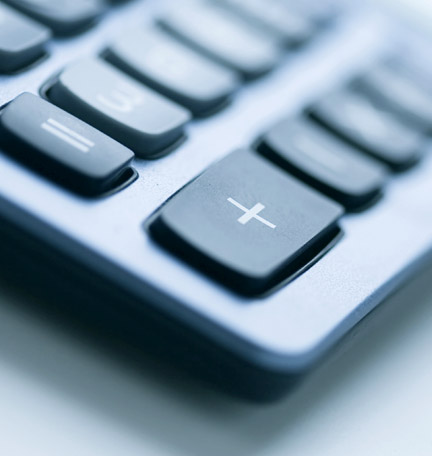The Rules of Thumb for Saving
There's no time like the present to reevaluate your approach to saving. The popular saying, "Out with the old and in with the new," is especially relevant when people decide to look at their overall financial strategy to come up with new ways to save money.
It's not always easy in these lean economic times to budget your money. But by following a few rules of thumb and budgeting tips, you might be surprised how much more money you can save.
Rules of Thumb
Try to devote no more than 28 - 33 percent of your gross monthly income to your mortgage or rent - some experts even suggest 25 percent. Another way to look at it is that your home should cost roughly no more than four times your annual income.
In terms of prioritizing a budget, it's never too early to save for the future. Start with retirement savings, then credit card debt, and then your emergency fund. Allocate 10 percent of your income to savings. When it comes to discretionary spending, plan to save 10 percent for the basics, 15 percent for comfort, and around 20 percent to escape. After your mortgage or rent, that leaves roughly 12 - 20 percent for the rest of your household needs, perhaps more if you're frugal.
In the past, a rule of thumb was to set aside three months of expenses in an emergency fund. In this economic climate, consider planning for six months. Include your mortgage, car payments and groceries. If the figure is large, think about opening a money market account to earn interest.
Setting Goals
Goals are helpful in measuring success, and without them, it is hard to maintain the consistency necessary for saving.
If you're just starting out, try to save 10 percent of your income. If this is difficult, start small and build toward your goals: set up a direct deposit with your employer, and direct $10, $25 or $50 into your savings instead of your checking. This can add up quickly! If you are farther along in your career, include investment goals in your savings strategy.
Savings Calculators
You don't have to figure it all out on your own - our online tools can help. Use our budget calculators, savings calculators and more to help you identify ways to meet your saving goals. Our financial calculators are designed to help you see — and more importantly — better understand all the variables that go into each calculation.
Accountability
Finally, don't overlook the small stuff for potential savings. Every dollar counts. Whether it's packing a lunch instead of eating out, opting for a regular coffee instead of a pricey specialty drink, or using your cell phone as your primary telephone, there are many ways to better budget your money.
Keep a record of expenses to help identify wasteful spending and opportunities to cut back. This leads to the level of accountability you'll need if you're serious about saving for the future. Start saving money now!
Ready to put these tips to work? Get started by opening a savings account online to help you reach your financial goals. Need help deciding? We can help you find the right account.





